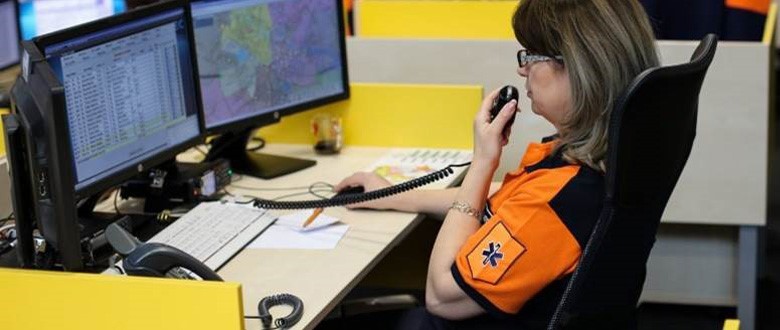Updated provisions on identifying caller location, for calls to the emergency service 112
17.11.2022

ANCOM adopted the decision on reviewing the secondary legal framework for setting up communications to the Single National System for Emergency Calls (SNSEC/SNUAU). This decision ensures the  transposition into secondary legislation of some provisions of the EU framework for the use of the single European emergency call number 112. The proposed changes are mainly aimed at quickly updating the databases submitted by providers in order to enable the identification of a caller’s location, the establishment of a unique caller identifier for calls initiated from mobile networks, as well as the introduction of provisions on caller location in the case of using location-independent services. Moreover, measures were also adopted to ensure access to the 112 emergency service for end-users with disabilities.
Â
New provisions designed to locate the caller as accurately as possible
Locating the caller to the 112 emergency number as accurately as possible is an extremely important action for users to benefit from timely help from specialized intervention agencies (Police, Ambulance, Firefighters, etc.). To this end, newly introduced provisions aim at permanently updating the databases containing the primary location information. Providers of electronic communications services will continuously update the databases containing the primary location information, through a secure data channel, as soon as technically possible from the date of a modification that is likely to significantly affect the caller location process.
In the case of providers offering voice over Wi-Fi services, the amendments require the  transmission to the emergency service 112 of a call originating on a data connection in another electronic communications network, if the caller is in an area that is not covered with signal by any of the public mobile electronic communications networks.Â
Â
In cases where the 112 emergency service is called by means of "national roaming", the caller's unique ID will be transmitted, being used both for the identification of the respective person and in the process of locating them. The unique IDENTIFIER IMSI - International Mobile Subscriber Identity will be used therefor.
Moreover, this measure will be applicable to 112 calls initiated by users of location-independent services (e.g. managed VoIP services) that operate on mobile terminals and rely on the functionalities of the mobile support network for setting up 112 emergency calls.
Furthermore, where a subscriber uses a location-independent service, the providers of such services will provide such a subscriber with a fast and free-of-charge electronic means for updating the location information, will inform them - on a monthly basis (e.g. by means of invoice, email, SMS) - about the benefits of having their location information fully and accurately set in the case of calling 112, and will take steps to obtain the subscriber’s confirmation of receipt of such information.
For ensuring compliance with the legal obligation on the availability of location information, the new provisions bind the possibility of activating the location-independent service to the subscriber’s prior making available to the provider the location information, i.e. full address.
Â
Measures tailored to ensure disabled users’ access to emergency services
With a view to ensuring the access of persons with disabilities to the 112 emergency service, providers of publicly available number-based interpersonal communications services are required to ensure the origination and transmission to the single emergency call centre of emergency communications set up through the total conversation service, by end-users with hearing and/or speech disabilities or with hearing and/or speech impairments proven by a medical document, also for such roaming users in Romania.


 top
top